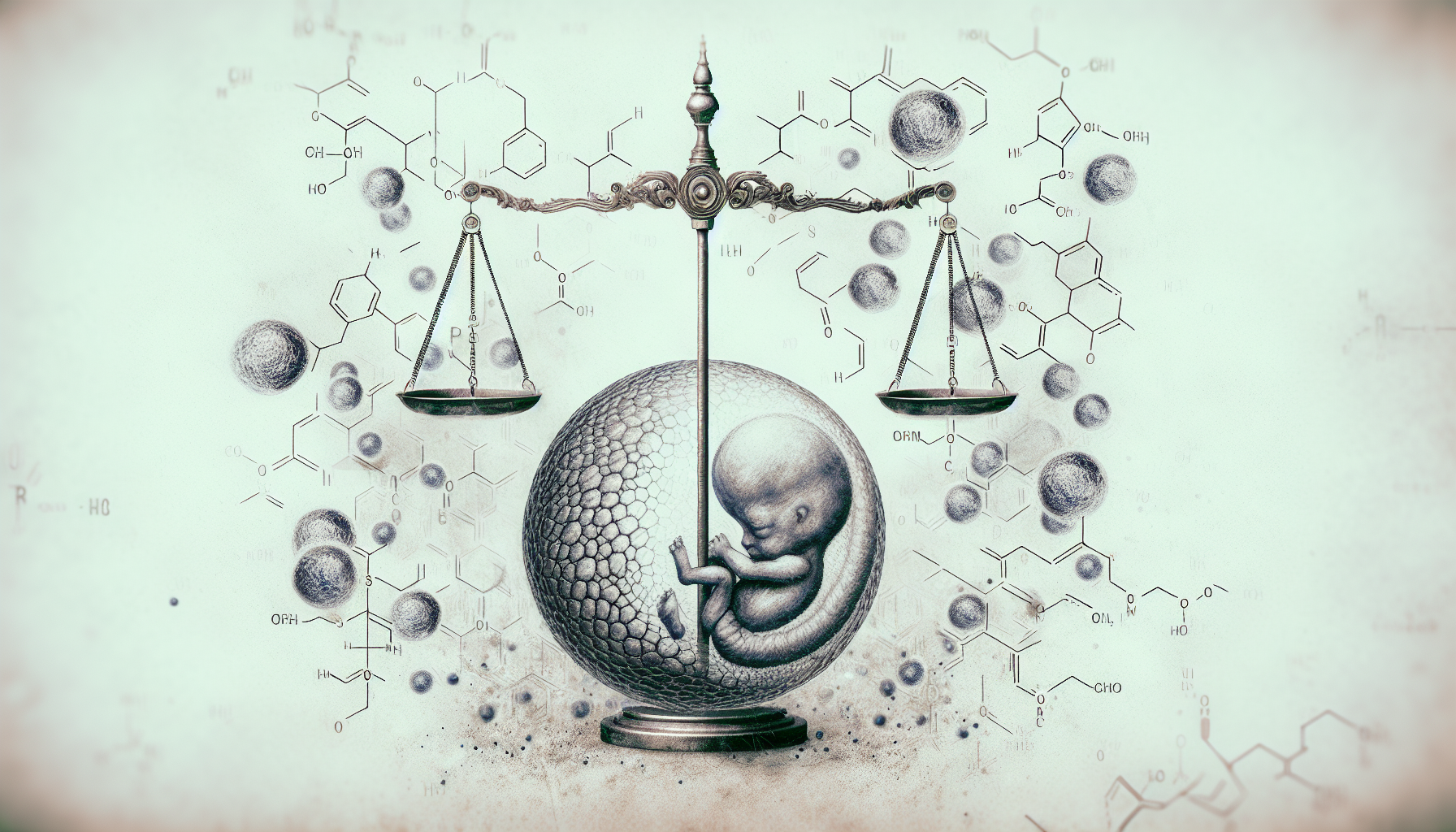The Future of Life: How Stem Cell Embryo Models Challenge Our Understanding of Human Development
In the pursuit of understanding the earliest stages of human development, science stands on the brink of a new frontier. The concept of creating human embryo models from stem cells—without the traditional elements of eggs, sperm, or a womb—might sound like science fiction. But recent breakthroughs have turned this into a fascinating reality. Kristen V. Brown’s compelling exploration in The Atlantic delves deeply into this intriguing area where science meets philosophy and ethics.
What Exactly Are These Embryo Models?
Imagine a cluster of cells that resembles a human embryo at about 14 days of development. These models are formed from pluripotent stem cells and mimic features such as a yolk sac and a proto-placenta. Although these embryo models share startling similarities with actual human embryos, including the ability to trigger a positive result on a pregnancy test, they aren't capable of developing into living babies.
Jacob Hanna, a leading scientist at the Weizmann Institute of Science in Israel, views these models as rough sketches rather than perfect replicas. His team knows that while these models have no potential to become viable humans, their ability to simulate early human development raises profound ethical questions.
The Mysteries of Early Human Development
The greatest mystery in embryology lies in the initial days post-fertilization. Traditionally, the development of an embryo from a fertilized egg to a recognizable form has been a process shrouded in mystery. These models could be key to unlocking insights into causes of miscarriages, developmental disorders, and other pivotal biological questions. By cultivating stem cells to emulate significant stages of real embryonic growth, researchers like Hanna are exploring territories once deemed unreachable.
The Ethical and Legal Conundrum
A significant ethical debate surrounds the progression and potential of these models. The so-called “14-day rule”—a guideline that limits the growing of embryos in a lab to 14 days—is being reexamined in light of these advancements. However, without a clear ethical consensus, the scientific community walks a tightrope between groundbreaking research and ethical responsibility.
Countries differ in their approach: Australia's Embryo Research Licensing Committee treats these models with equivalent caution as actual embryos, whereas entities like the International Society for Stem Cell Research reevaluate guidelines based on evolving scientific contexts.
Implications and the Road Ahead
As researchers push the boundaries of what's scientifically possible, these embryo models could massively benefit medical research. From understanding anomalies in early pregnancy development to revolutionizing infertility treatments, the possibilities are vast. For instance, model embryos can help explore how medications affect prenatal development or why certain women experience recurrent miscarriages.
However, the complexity lies not only in the scientific development of these models but also in navigating the moral landscapes they defy. Scientists must consider not just the feasibility of creating these realistic models, but also the profound implications of their work.
Conclusion: Navigating the Unknown
As these models become more sophisticated, they hold the potential to reshape our understanding of life's inception. The journey of understanding human development is progressively unfolding, promising answers to questions we previously thought unanswerable. However, as we stand at this crossroads, it is crucial to navigate this journey with both scientific curiosity and profound ethical respect.
For those intrigued by the convergence of cutting-edge science and ethical inquiry, the developments in stem cell embryo modeling offer a fascinating glimpse into the future where the once unknowable becomes knowable. As we learn to look deeper into the origins of life, such research holds the power to enlighten and challenge human perceptions like never before.


